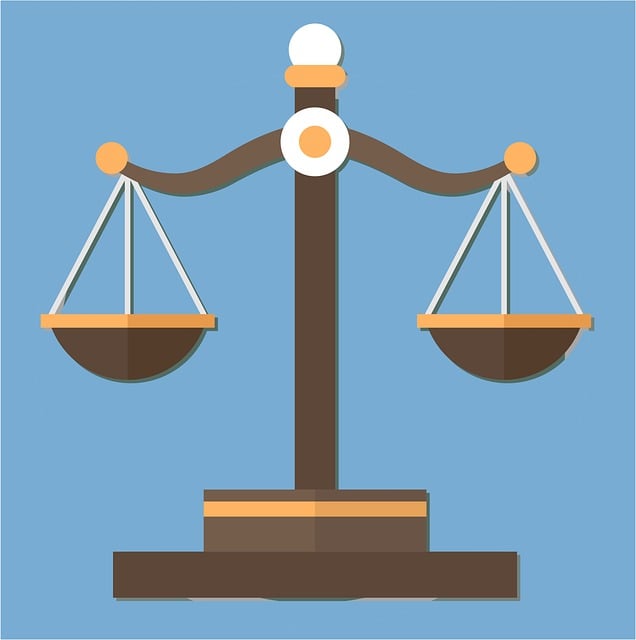Fair housing laws, a cornerstone of the real estate industry, ensure equal access to housing and protect against discrimination based on various factors like race, religion, disability, and family status. These regulations promote diversity and equality, fostering a vibrant market where everyone can find a home without bias. If you've faced housing discrimination, gather evidence, educate yourself about local laws, contact fair housing agencies, file a complaint, and consider legal counsel to enforce your rights in the real estate sector.
“In the realm of real estate, everyone deserves equal access to housing. Fair housing laws, a cornerstone of modern legislation, safeguard this right by prohibiting discrimination based on race, religion, gender, and more. This comprehensive guide delves into the intricacies of these laws, clarifies who they protect, and outlines practical steps to enforce your rights. Understanding and leveraging fair housing protections is essential for both tenants and property owners alike.”
Understanding Fair Housing Laws: A Comprehensive Overview

Fair housing laws are a cornerstone in the real estate industry, ensuring equal access to housing and protection from discrimination. These laws were established to create an inclusive environment where everyone, regardless of their background or identity, can find a place to call home. The comprehensive overview involves understanding several key aspects that underpin these protections.
In many countries, fair housing legislation prohibits discrimination based on race, color, religion, national origin, disability, family status, and more. This means real estate agents, landlords, and property managers must treat all individuals fairly during rental or purchase processes. By promoting diversity and equality, these laws ensure a vibrant and diverse real estate market where properties are accessed and acquired without barriers created by bias or prejudice.
Who Does the Protection Apply To and What Discriminations Are Prohibited?

Fair housing laws are designed to protect a wide range of individuals in their search for suitable real estate. These protections extend to anyone who intends to buy, rent, or finance property, including families, individuals, people with disabilities, and seniors. The primary goal is to ensure equal access to housing opportunities without facing unfair discrimination.
Under these laws, several forms of discrimination are strictly prohibited in the real estate market. This includes discrimination based on race, color, religion, national origin, sex, familial status, disability, or military service. Real estate agents, property managers, and landlords must treat all potential clients fairly, providing them with equal information, opportunities, and access to properties without any biased treatment.
Enforcing Your Rights: Steps to Take if You Face Housing Discrimination

If you believe you’ve faced housing discrimination based on factors protected by fair housing laws, it’s crucial to take action and enforce your rights. The first step is to gather evidence, such as any communication or documentation related to the incident(s). This includes emails, texts, or even witness statements from others present during the discriminatory interaction.
Next, familiarize yourself with the specific fair housing laws in your area, which often cover aspects like race, religion, national origin, disability, and family status. Many real estate markets have local fair housing agencies that can guide you on the next steps, offer resources, and even conduct investigations. You can file a complaint with these agencies, who will look into the matter and attempt to resolve it through mediation or other means. Don’t hesitate to seek legal advice if needed; your rights exist to protect against such discrimination in the real estate sector.






